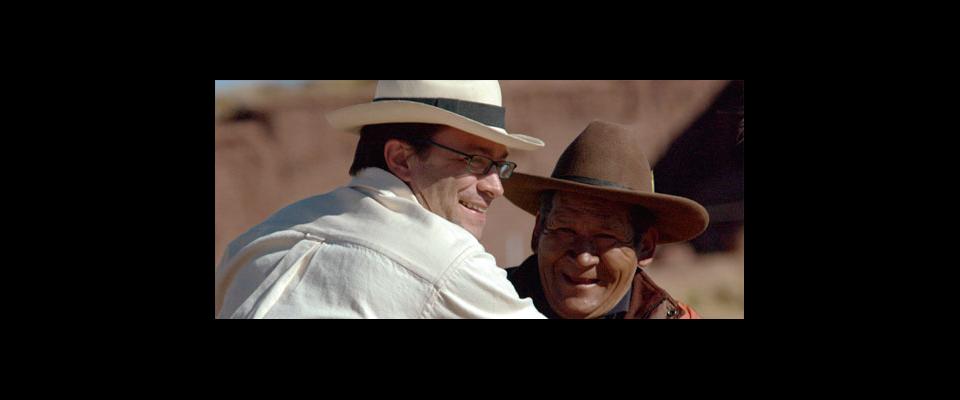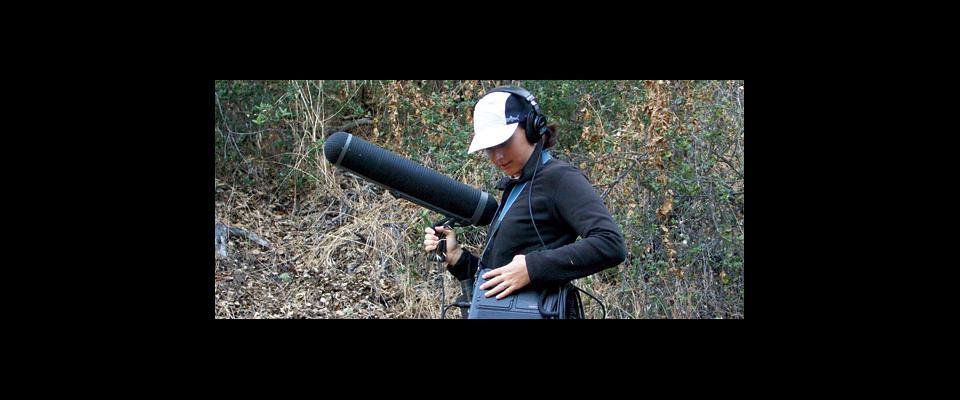In an age of Tinder and Match.com, of TV romance carnivals such as The Bachelor, Judith Gottesman is a proud anachronism—an old-fashioned matchmaker in a new age. Her business, Soul Mates Unlimited, concentrates on matches for Jewish singles all over California, including many in their golden years.
“Don’t think because they are 75, 85 or 95, that they want to settle for a warm breathing body,” she says, sitting at a café near her home in San Rafael, where she works. “They are looking for soul mates.”
Actually, she says, there was one guy who admitted he just wanted someone to wash his dishes. “But,” she says, “he’s still single.”
Her clients are teachers, therapists, fire chiefs, entrepreneurs, rabbis. She’s had parents pay for their children’s matches and children pay for their elderly parent’s. And while the best things in life may be free, a successful soul match—hopefully a one-time investment—can cost upwards of $10,000.
“She defines and describes love better than anybody you’ll ever meet,” says Tom Yellen, who is 80 and hired Gottesman to help him find a mate in southern California. “This is a new experience and I’m enjoying it.” Yellen, whose wife of 40 years died four years ago, still works at his own alarm company, but finds it hard to meet eligible single women. He doesn’t like computers and even if he did, the idea of online dating doesn’t appeal to him. Gottesman has introduced him to two women so far, and coached him on how to approach dating. Neither was a perfect match, but he says he’s gained confidence and is ready if the right one comes along.
“Before this,” he said, “I hadn’t been on a blind date in 50 years.”
Plenty of others—she doesn’t have specific numbers —are dating and some have married. And all the weddings have been between first matches.
“I can’t help everybody, but if I have the soul mates I can get them together,” she says. “This is about fate and destiny.”
Her sense of a calling comes, in part, from growing up with a strong “romance connection” in the family, she says. Her father was a rabbi and she watched him perform a lot of weddings and heard him talk about what makes a good marriage. Growing up in San Diego and South Carolina, she loved visiting her grandmother in San Francisco, hoped to attend Cal, and was admitted to the class of 1992.
After graduating from Cal with a psychology degree, she traveled to Israel and worked as a volunteer teacher before earning a master’s in social work from Yeshiva University in New York. Then, drawn by her love of travel and animals, she worked briefly with primatologists in Venezuela studying monkey behavior in the rainforest (“I loved the monkeys,” she says, “but the primatologists were odd”).
Heading back to New York, she worked at a nonprofit that helped elderly holocaust survivors. She noticed, as she had in graduate school, that those who fared best had partners.
By that time, she’d had some experience matching friends. It seemed natural to her to introduce people she felt would be right for each other. She’s still proud of her first match, a close friend and the friend of another friend. She had a feeling they were right for each other, but both were dating others. When those relationships ended, she introduced them—and says they’re happily married.
Gottesman returned to Israel, did more informal matchmaking, and then settled in California. It became clear to her, when she found herself voluntarily matching people with pets or helping friends find roommates or jobs, that she wanted to be a matchmaker, a path that combined her psychology and social work skills with her intuition.
Matchmaking is, of course, an ancient career, one embraced by cultures in other parts of the world and by religious groups that rely on it as an essential way to build a family. In the U.S., most matchmaking has been outsourced to the Internet. Digital natives take it for granted, but older Americans are flocking to online dating at a rate that reportedly makes them the fastest growing segment of the market.
Like your dentist who wouldn’t gab about her own fillings or an accountant who wouldn’t reveal the details of her own personal finances, Gottesman does not expect her own romantic status to be a subject of discussion.
But real time matchmakers are out there, at least an estimated 3,000 of them. There’s even a Matchmaking Institute, based in New York City, although there’s no licensing requirement.
Gottesman’s clients find her through ads in Jewish publications, word of mouth, or by hearing her interviewed on TV and radio. Many have tried Internet dating, which, despite her hands-on approach, she doesn’t oppose. The more feelers people put out, whether on the Internet, or through speed dating or singles events, the better, she says.
She charges an initial $3,600 to begin the process and an additional $7,200 if a match is made. Occasionally, she lowers the rate, particularly for seniors on limited incomes. Contracts last three years and can be renewed.
It all begins with an in-depth interview, usually by phone, where she gets a sense of clients and what they are seeking. Her questions differ by age group—elderly clients, for instance, might want to know about health issues, mobility and ability to drive. She takes note of interests, values, appearance, style and spiritual beliefs.
When people want to know how many clients she has or how long it will take to find a match, she has to remind them that she’s not a magician (or a yenta, a term associated with a pushy busy body), that the best match has to do with quality, not quantity of dates. Sometimes they feel that they are paying for a service and deserve an immediate product.
“I always say I’m dealing with human beings and I can’t manufacture a match,” she says.
When it does happen, she says she always gets excited, thinking about how the first date will go and whether there will be more in the future. To ensure the best outcome, she gives clients dating advice. Clients can hire her only as a dating coach and she’s writing a book with stories and tips.
Some of her across-the-board advice: Keep the first date short and simple. Meet at a coffee house instead of a fancy restaurant. Don’t talk about anything too personal, negative or heavy. And don’t ever share pictures before a date. Most people don’t know how to choose a good one. (She’ll help when clients want to post online).
Clients report back after dates, but then she often loses touch. And some couples don’t want anyone to know how they met. She respects this, as she herself likes to maintain professional boundaries. Like your dentist who wouldn’t gab about her own fillings or an accountant who wouldn’t reveal the details of her own personal finances, Gottesman does not expect her own romantic status to be a subject of discussion.
“I am a consultant, someone who comes into your life to find your romantic partner,” she says. “It’s so hard to find love. There are a lot of people who marry for the wrong reasons. When I make marriages, I am making marriages that last.”




















